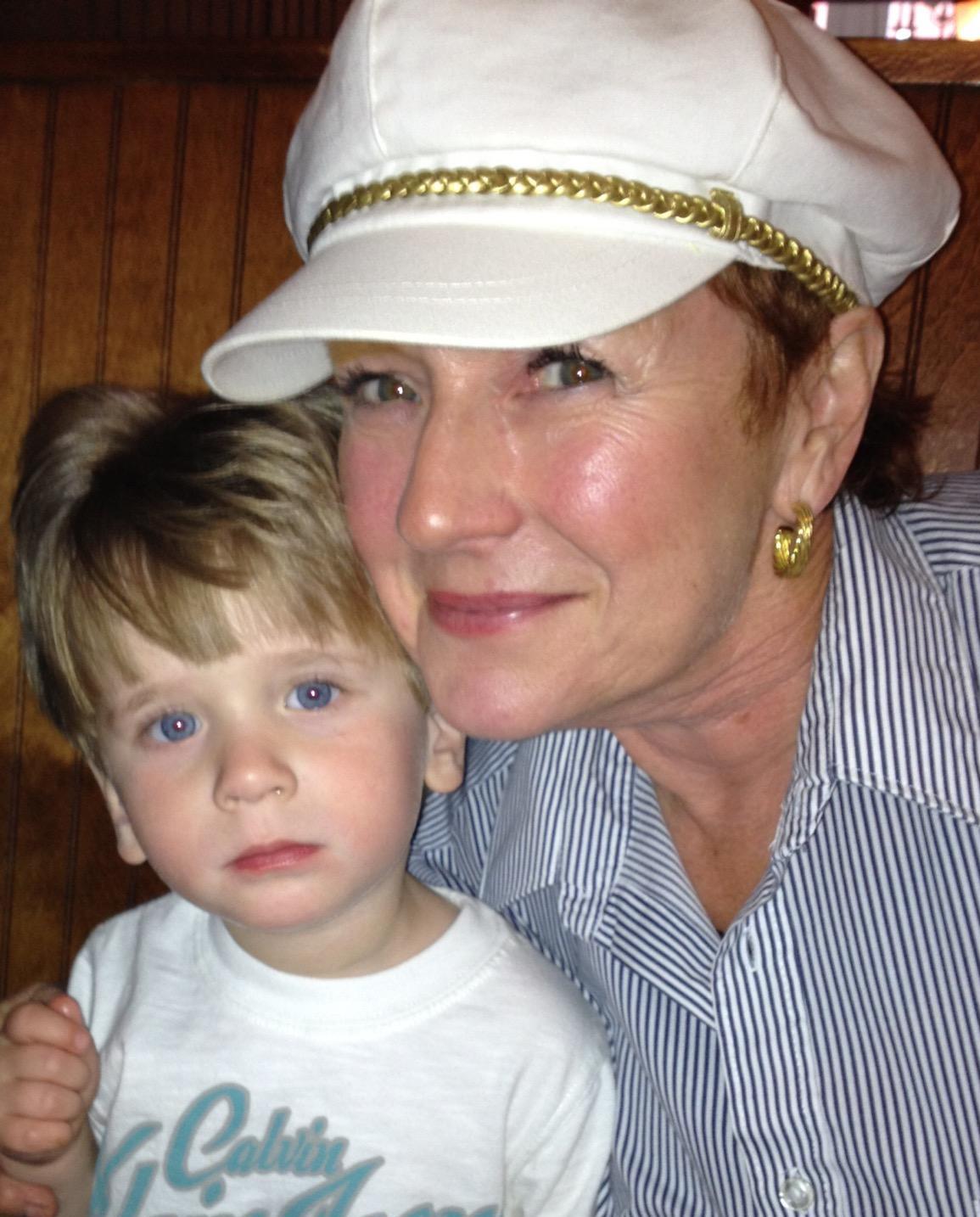7 guidelines to help you determine whether franchising is right for your business
 Ambitious business owners who are eager to grow often ask me for a key piece of advice: “Should I franchise my business?” Thirty years of leading franchise organizations, as well as my experience as chairman of the International Franchise Association, has afforded me the chance to see the power of franchising build thriving brands that generate wealth for both franchisors and franchisees. Unfortunately, I’ve also seen franchise companies struggle and fail because they were not adequately prepared for the challenges of creating and maintaining the sophisticated operating system that a franchise requires.
Ambitious business owners who are eager to grow often ask me for a key piece of advice: “Should I franchise my business?” Thirty years of leading franchise organizations, as well as my experience as chairman of the International Franchise Association, has afforded me the chance to see the power of franchising build thriving brands that generate wealth for both franchisors and franchisees. Unfortunately, I’ve also seen franchise companies struggle and fail because they were not adequately prepared for the challenges of creating and maintaining the sophisticated operating system that a franchise requires.
Not every business makes a great franchise. At the most basic level, a franchise must be a business concept that has broad market appeal and can be duplicated. Here are some simple guidelines you should consider before franchising your business.
- You must be able to standardize and duplicate your product or services. A McDonald’s Big Mac will taste the same in Des Moines, Detroit and Denver, and that’s because the company has developed vendor relationships, training and systems that ensure consistency. Your business must do the same. Customers choose franchises because they expect quality and consistency.
- Your product or service should have broad appeal. Does your business appeal to customers outside of your home region? Buffalo-style wings proved to be a hit with customers everywhere, but the brain sandwiches popular in southern Indiana remain local fare only. What is the demographic appeal of your product or service? Does it appeal to a large group of customers, or only within the niche of 22- to 24-year-old redheads? If your business is defined by a narrow niche, is there a way to expand its appeal to draw in new customers? If not, franchising probably isn’t a good choice.
- You should be targeting a growth market — not just a fad. Is your business based upon the popularity of a single product? If so, you should consider diversifying before franchising. It can be difficult to shift an entire franchise system if customer tastes shift away from your sole product or service. To use one example, is your business model predicated on selling just protein shakes, or upon selling healthy foods? The popularity of the former could spike and collapse, whereas the latter has staying power.
- Do you have enough money or the ability to attract investors? Starting a franchise organization isn’t cheap. You will need to make a large upfront investment to pay for talented managers, training and support, research and development, legal documents and franchise lead generation, among other efforts. Franchisees will pay franchise fees and royalties, but it typically takes at least 20 franchisees to fund the operations of a small franchise system — and you’ll be reliant on your own wallet or investors to fund the business until then.
- Do you have a solid business plan? Your business plan should identify your goals, obstacles and the steps you will plan to take. If you decide to turn your business into a franchise, a key part of your business plan will be your growth strategy. A franchisor should determine how many franchisees will be let into the system, and when new locations should be rolled out. Your expansion should be planned, not haphazard. Quick, unfocused growth can compromise your ability to support franchisees and maintain consistency, and that can damage your brand.
- Do you know what type of person will make a good franchisee? Not every system is a good fit for every franchise candidate, and if you award a franchise to someone ill-suited to the business, you will be making a long-term investment in misery, both for yourself and for the franchisee. A smart screening process can help you attract franchisees who are more likely to be happy and top-performers.
- Are you comfortable asking for help? Since you made your way to this blog article, I know that you are doing your research and are eager to seek out expertise. That’s a very good thing. Franchising is complicated. There are a lot of legal requirements that are unique to franchising, and the nature of the franchisor-franchisee relationship is also unique. Good consultants and other expert advice can help you prepare your business for franchising so that you have the best chance at success.
Want to learn more? My book The Complete Idiot’s Guide to Franchising has a more detailed overview, as well as stories about getting started from the founders of The Coffee Beanery, American Leak Detection, Meineke Mufflers and Uniglobe Travel Inc. Good luck!







